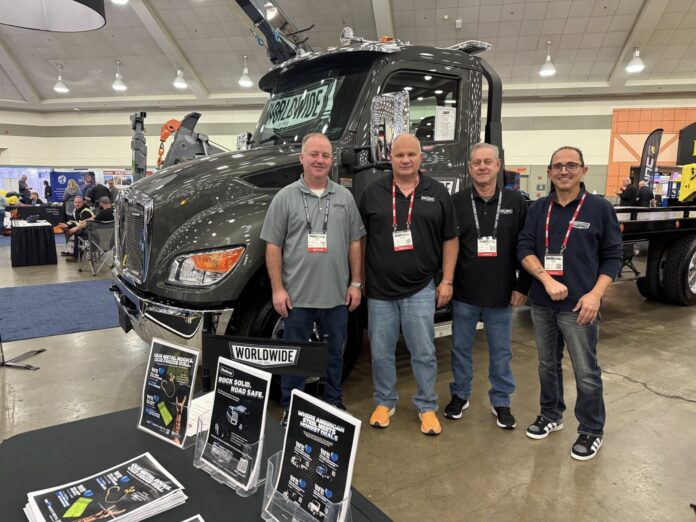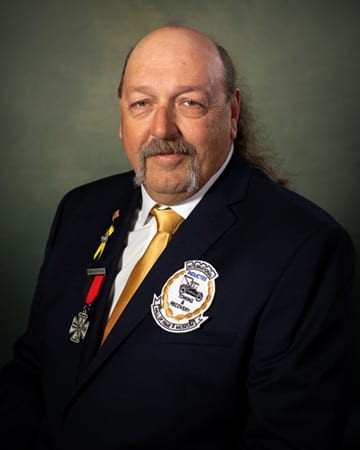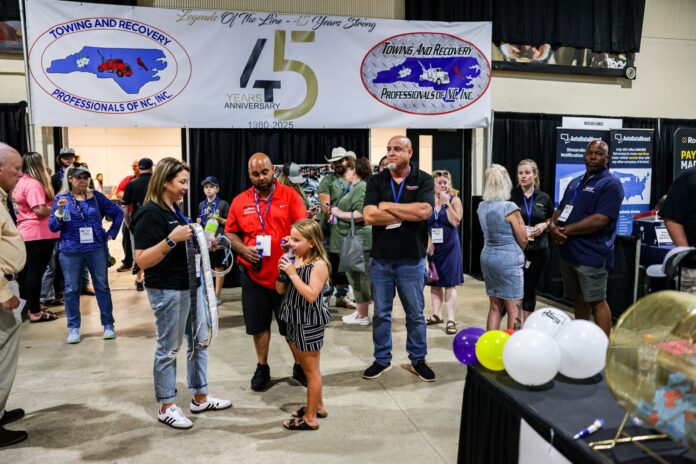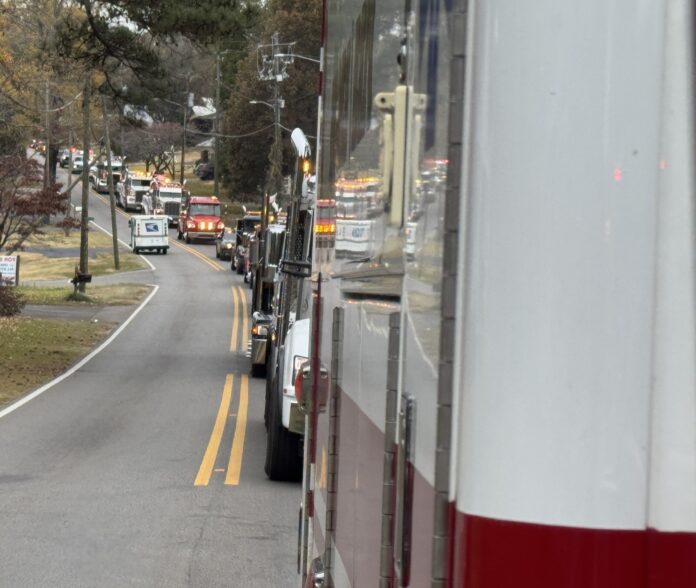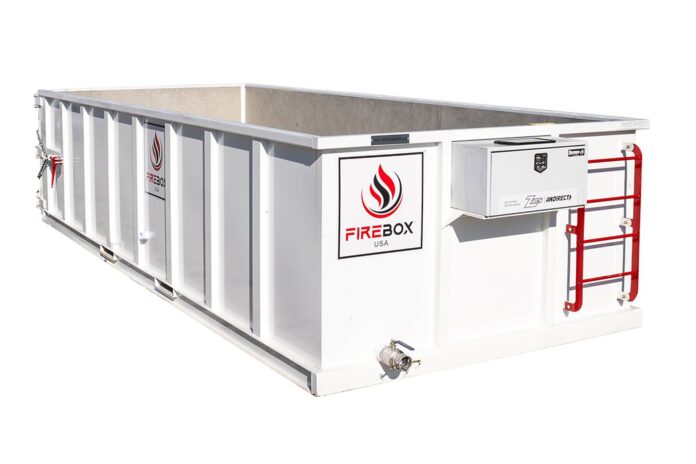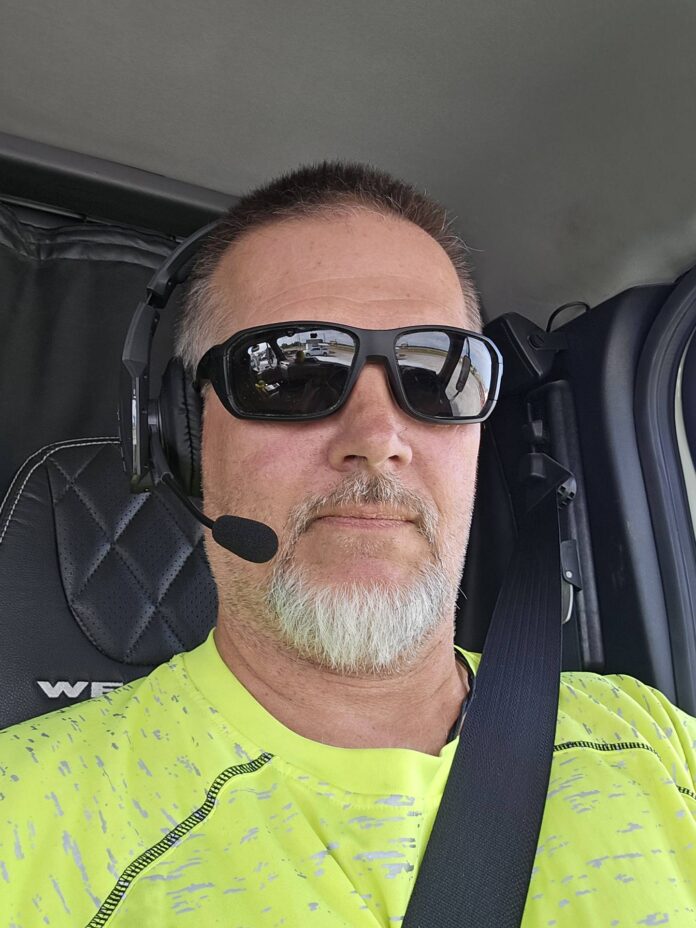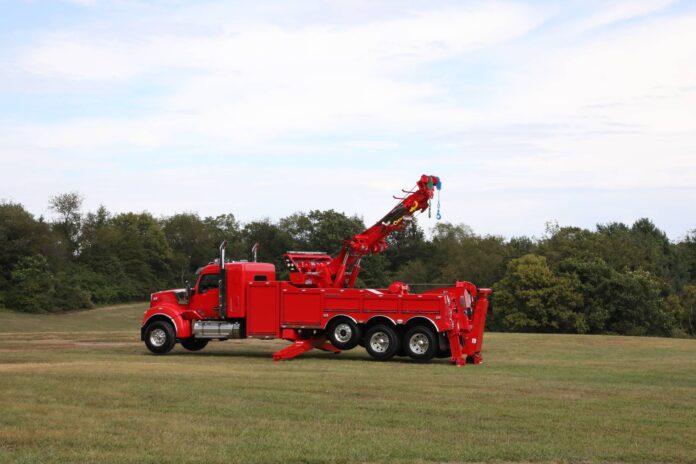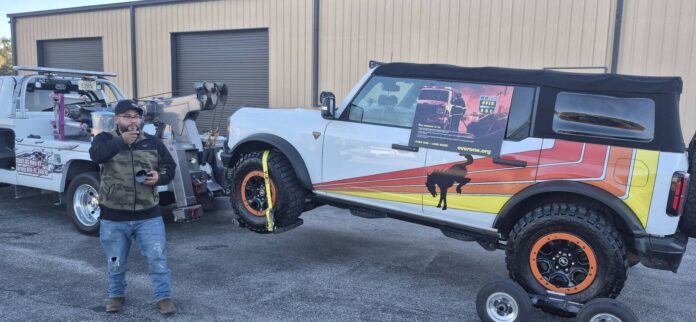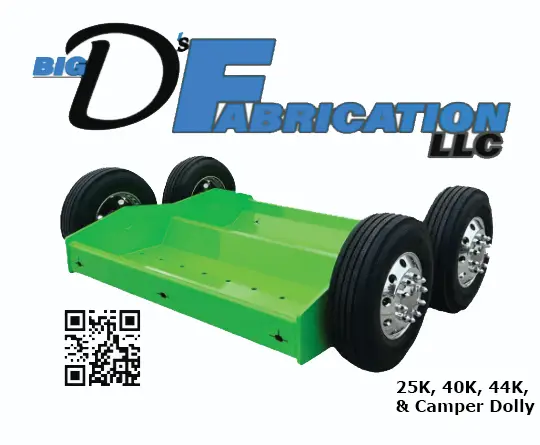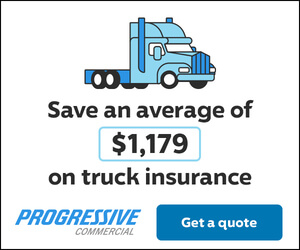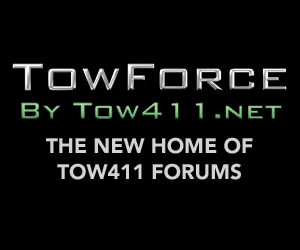The towing industry stands at a crossroads. For decades, those within the field have worked tirelessly, day and night, in every weather condition, to respond to emergencies, assist stranded motorists, remove hazards, and keep roads safe and open. Yet despite its importance and sacrifice, the industry remains fractured from within. Publications compete with other publications; trade shows undermine other trade shows; manufacturers and vendors struggle against each other for dominance in a market that should have more collaboration and innovation than territorial battles. And after all this infighting at the top levels, the message sent to the towers, the operators on the road, the men and women working the dangerous white line, is somehow that they are expected to get along, cooperate, and elevate the profession. There is a deep irony in that contradiction.
We cannot expect unity at ground level when fragmentation at the top fuels division. Today, the towing community is often asked to operate as a brotherhood and sisterhood, to share knowledge, support fellow operators, champion safety, and present a professional image to the world, all while the leaders who influence the culture of the industry appear embroiled in their own rivalries. Towers are asked to lead with professionalism, yet the leadership ecosystem is not consistently modeling the example they should follow.
If we want this industry to shed the “dirty reputation” that outsiders often unfairly assign to it…if we want cooperation between companies to be possible…if we want safety, training, communication, and respect to improve, then the change must begin where influence begins. Unity must become the standard at the top before it can ever become the culture at the bottom. Competition, when healthy, drives innovation. It produces modern technology, more efficient processes, better equipment, and higher levels of customer service. But competition becomes toxic when it stops being about growth and becomes about supremacy; when it shifts from “be better” to “stop them.” Unhealthy competition creates consequences the entire profession feels:
- Fragmented communication: There is no single voice the media listens to — therefore, the public narrative remains confused.
- Lack of shared standards: When one event refuses to acknowledge another, or one publication refuses to collaborate with industry progress, uniformity collapses.
- Diluted advocacy: Legislators are far less likely to create favorable laws when organizations representing towers are not unified.
- Mistrust among operators: If leadership behaves like rivals rather than collaborators, operators adopt the same posture.
In many ways, the infighting at the top strengthens the negative stereotypes the industry has been trying to overcome for decades. When the public sees an industry divided, it assumes the worst, and perception becomes reality. Tow operators already face misconceptions: that they are predatory, opportunistic, or solely interested in profit. Those narratives persist partly because the industry lacks a unified platform to combat them.
A divided leadership cannot successfully negotiate nationwide safety initiatives, federal training standards, or PR campaigns that reshape the public understanding of towing work. Without unity, every voice becomes background noise. Every industry has a cultural chain of influence. Whether we acknowledge it or not, the mentality held at the leadership level becomes the mentality within the workforce. In towing:
- Tow shows influence what companies value
- Publications influence what the public sees
- Manufacturers influence what technology looks like
- Associations influence what regulations get attention
- Vendors influence what operators feel supported, or abandoned
If these groups compete more than they collaborate, that identity becomes part of the tower’s experience. But imagine the opposite:
- Tow shows highlight each other rather than ignore each other
- Magazines share contributors rather than protect silos
- Vendors invest in joint innovation rather than proprietary secrets that stall progress
- Industry leaders sit at the same table and plan 10 years ahead, not three months ahead
That kind of leadership does not just change perception, it changes morale.
When leaders model collaboration, operators extend collaboration.
When leaders show respect, operators adopt respect.
When leaders champion safety as one voice, policymakers listen.
When leaders present towing as a profession rather than an afterthought, the world must respond accordingly.
The towing industry has a once-in-a-generation opportunity to redefine itself, not as a fractured network of competitors, but as a unified national profession with dignity, standards, courage, and economic influence. But that change will not rise from the bottom. It will not be achieved through scattered efforts. It must be intentionally built, deliberately led, and boldly demonstrated from the top. The reality that outsiders rarely acknowledge is this:
Tow operators save lives.
Tow operators stand inches from traffic traveling at highway speeds.
Tow operators recover vehicles under crushing weight and unpredictable risk.
Tow operators work behind the scenes of every storm, crash, and emergency.
Many tow operators never make the news, except when tragedy strikes. So, when towers are portrayed as opportunists instead of responders, it is not only incorrect, but also offensive to the sacrifice these men and women make. But images are shaped by messages and right now, no one message exists. Without unity, the industry has no megaphone. Cleaning up the name of towing is not a branding job; it is a cultural shift. It requires:
- Consistent training, recognized nationwide
- Public education that shows what towing really is
- Safety campaigns with unified messaging
- Industry publications highlighting accomplishments, not simply products
- National storytelling around heroism, sacrifice, and professionalism
It requires showing the next generation, children of towers, new recruits, future industry leaders that towing is a profession worth entering with pride. And pride begins with reputation. But reputations are not rebuilt by silence, they are rebuilt by leadership that speaks loudly together. There is no longer room to wait. The challenges facing the industry, safety, legislative action, insurance costs, workforce shortages, public misunderstanding, are accelerating faster than leadership is unifying. If the towing industry continues to operate like several small competing industries instead of a single national profession, progress will slow to a halt. And when progress stops, people get hurt not in boardrooms, but on roadsides. Every month we wait:
- Legislators write laws without towing experts at the table.
- Media reports stories without accurate context.
- Other industries get priority at federal safety levels.
- Towers risk their lives while the industry debates coordination.
The clock is ticking loudly! The towing industry does not need another sales pitch. It does not need another expo hall with limited deals. It does not need another editorial arguing why one organization is better than another. What the industry needs is a shared mission, a shared voice, and shared respect. The question is not whether change is possible. The question is whether those in the highest seats manufacturers, publishers, show organizers, association leaders, are willing to lead change rather than wait for it.
Unity is not achieved through speeches.
Unity is not achieved through slogans.
Unity is achieved when those with power use it for progress.
If the leadership of towing can demonstrate cooperation, respect, and vision, the towers will follow. If leadership cannot, the division deepens. It really is that simple. The future of this industry depends on whether we are willing to put collective progress above individual rivalry. The public image of this industry depends on whether we are willing to clean our own house before asking the world to see it differently. The towing industry deserves better. The towers deserve better. And the time to fix this is not someday — it is now!
Now, is the moment to change the future of towing. If you are a publisher, a manufacturer, a show organizer, an association leader, or a vendor — the eyes of this industry are on you. The next generation of towers is watching how we treat each other, how we communicate, and how we build our future. Let us be the leaders who chose unity over ego. Let us be the decision-makers who sit down at one table, not competing tables. Let us prove, not through speeches, but through actions, that the towing industry is stronger together than it could ever be on its own. It is time to raise the standard, shape the message, and stand together with one voice. The future of the towing industry is waiting, and it will belong to those with the courage to lead it. Enough is enough!
If you lead an association, event, publication, or product that influences this industry, then you are responsible for its culture. Division starts at the top, and so must unity. That means collaboration, communication, transparency, and shared objectives. Stop fighting battles that do not advance the industry. Stop playing for territory. Stop expecting unity from operators when leadership refuses to practice it. Sit down. Talk. Partner. Plan.
If the leaders of this industry will not act, then they must stop asking operators to do what they themselves are unwilling to demonstrate. It is time to prove leadership with action or stop calling it leadership. Unity does not mean giving up individuality, innovation, or competition. It means respecting the shared foundation beneath us. It means understanding that while we may compete in business, we must collaborate in identity. So here is the call:
- Let publications open their pages to perspectives beyond their own networks
- Let show organizers support each other’s successes and align dates and agendas for the benefit of the industry, not the detriment of competitors
- Let manufacturers and vendors champion joint innovation, not guarded isolation
- Let associations advocate with one unified message, not several diluted ones
We all want the same outcome, a safer, respected, advanced towing industry. The only question is whether we are willing to pursue it together. The first step is simple: get to the same table. The next step is listening. And the ultimate step, the one the industry has been waiting for, is action!

